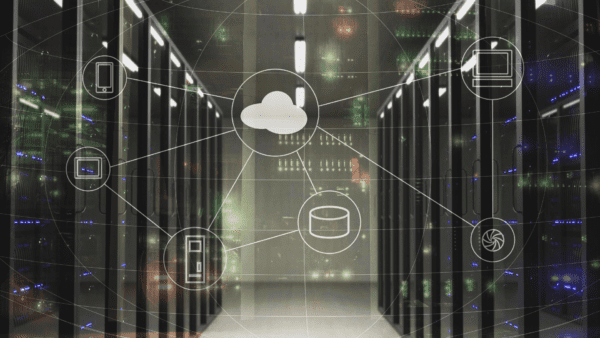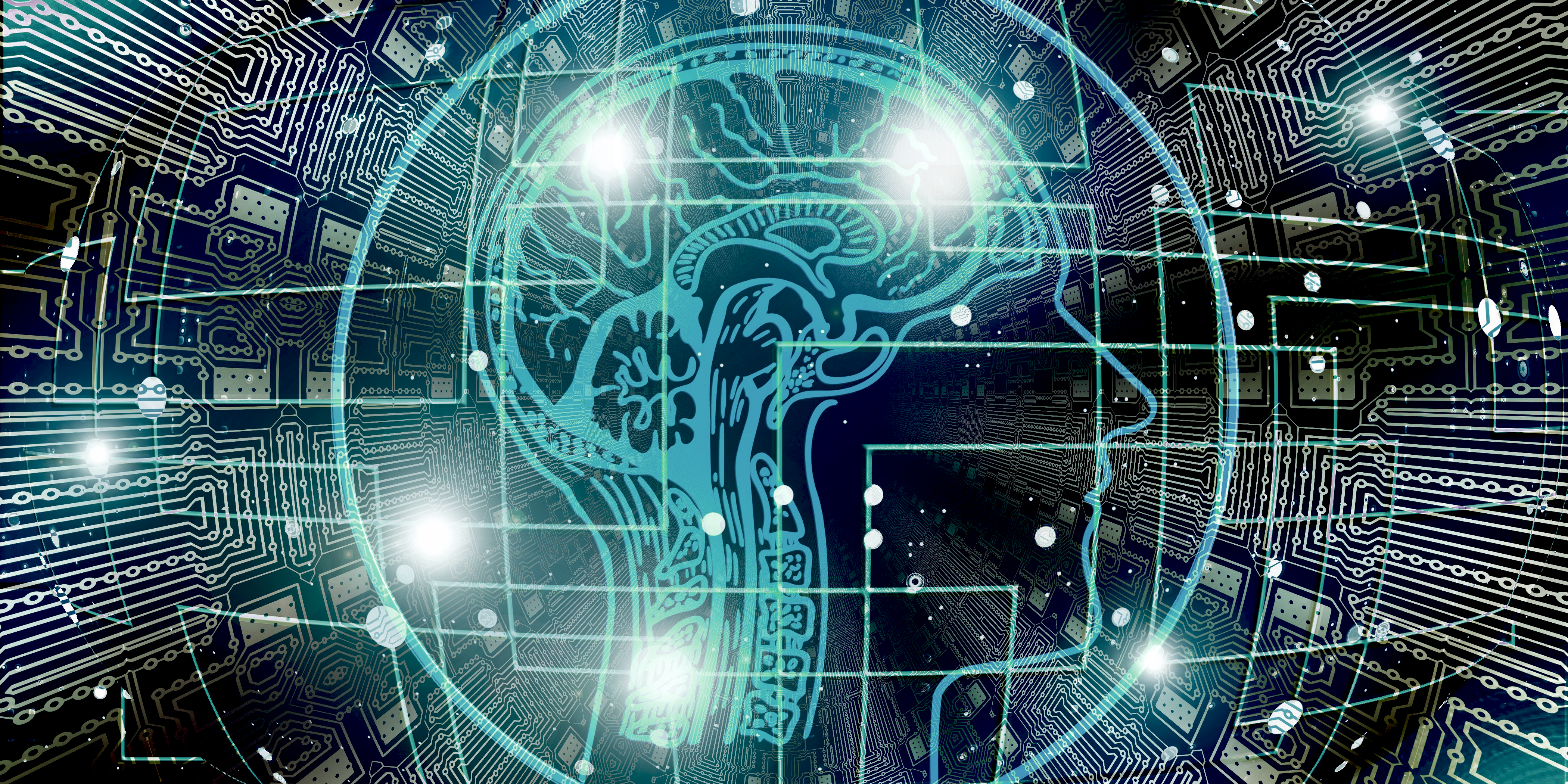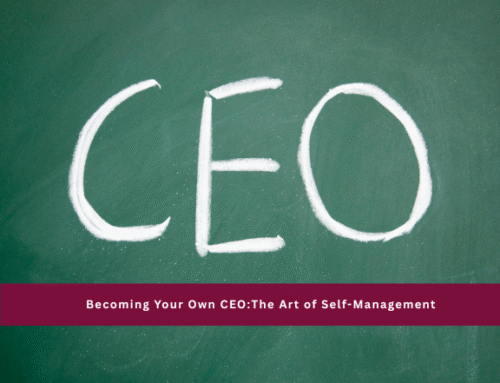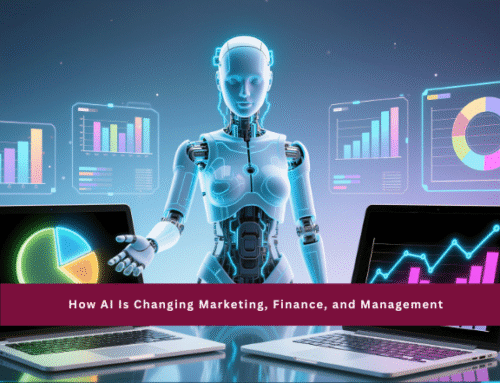The fourth industrial revolution is amongst us and it is a digital one. With new technologies, the internet of things, big data and more keywords, focus in the workplace and at universities shifts more and more towards a digitally influenced environment. But how does new media actually affect the way we study and work?
Talking about digitalisation
Digitalisation generally describes the use of digital technologies and data, for instance in business environments. Recently, many organisations undergo a process of digital transformation to improve their processes in order to generate higher revenues. Digitalisation also influences the possibilities we have regarding education and studying, especially when it comes to individual tailored learning. Nonetheless, in order for digitalisation to happen, the information available must firstly be converted into digital data. This process is most commonly called digitisation. Depending on the context, the two terms are often used interchangeably, which can lead to confusion.
New media
Digitalisation provides us with new tools and platforms that can be used for different purposes. For instance, sharing information inside a university or company, or with outsiders, becomes much easier through digital platforms that have been designed to exchange knowledge. Many companies and universities already have their own platforms to coordinate the workforce or student base and to distribute information.
In the workplace or in student communities, cloud-based services like Google Drive or Dropbox constantly gain more importance, as they are enabling uncomplicated sharing of documents, spreadsheets or else. Therefore it is crucial to have a good understanding of using those platforms efficiently.
Tools such as Trello and Slack help organise and manage the distribution of tasks in a group project more efficiently. Also, the use of social media has majorly increased in the work environment and in the education sector. For instance, LinkedIn is used for networking alongside job hunting.

The impact they have
Digitalisation is mainly responsible for the changes in how we work or study.
Google and other search engines are only the start of how the internet and overall digitisation of teaching materials simplifies our research options. Through clouds and other online storage options, nowadays it is possible to access most academic research and papers online. Which means, that you don’t have to spend all day in the library and you may not even find what you are looking for. However, this also poses a challenge: the pool of information to draw from is much larger, making it difficult to eliminate irrelevant sources. This requires some practise in browsing in those platforms in order to find what you are looking for.
Studies also show that AI-based tutoring and other technologies might immensely influence education and how knowledge is being transferred. In fact, they may aid in making education more effective and individually tailored.

New technology also enables new forms of working. Telecommuting or remote working is becoming a major trend. Enabling people to work from home (or other places) makes people’s workdays and daily routines much more flexible. This development certainly comes hand in hand with the introduction of flexible working hours in many companies. The concept of remote working also permits the use of the so-called coworking concept, where individuals from different companies, freelancers, or entrepreneurs share a common space to work, but also exchange ideas or develop joint projects.
Another big trend in digitalisation in the workspace are virtual teams. A virtual team is a group of people geographically separated from each other, whose communication is based solely on digital means, such as e-mails, video-conference services or else. In fact, there is no necessity of the team members to ever meet each other in person in order to work together. Naturally, this does not come without a challenge: having the right people, team size and distribution of roles for your team may be difficult to get right.
Learn more about the trends in digital workplaces.
New challenges
With the new media being introduced, they naturally come with obstacles. For companies, digital transformation is a challenging process, especially if the majority of their workforce are older than the generations of ‘digital natives’ that have been entering he job market for a few years now. In these older generations, there is often a lot of resistance and incomprehensiveness of new processes or technologies. Moreover, digitalisation will eliminate jobs such as those who heavily rely on manual labour, because machines will be able to take over their duties. However, there will also be a potential for new jobs, many of them related to these new digital inventions. Those developments can be displayed in the increasing amount of IT-related study subjects that universities offer.
For more articles visit LSB Blogs.





